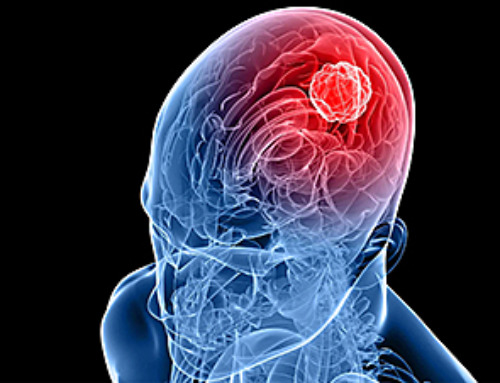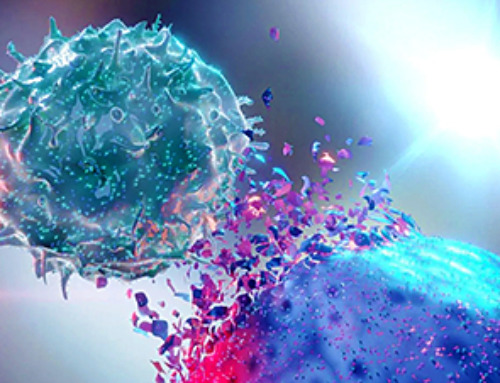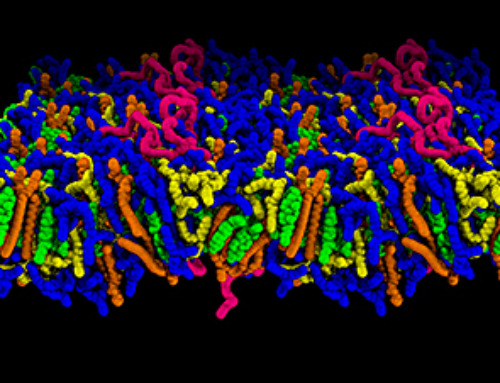Research reveals that a lack of sleep can hinder the brain's ability to suppress unwanted memories and intrusive thoughts, emphasizing the importance of restful sleep for mental health.
Sleep deprivation has been found to hinder the brain's ability to suppress unwanted memories and intrusive thoughts, according to a new study.
Researchers from the University of York, working with the University of East Anglia, discovered that sleep deprivation disrupts the prefrontal brain's capacity to block the retrieval of memories that would typically be suppressed.
Dr. Scott Cairney, from the University of York, explained: "Memories of unpleasant experiences often intrude into our conscious mind in response to reminders, but tend to be fleeting and can be put out of the mind again, but we have previously shown that the brain's ability to suppress such intrusive memories is contingent on obtaining restful sleep.
"Suppression is a very clever function of the brain as it weakens all of the connecting traces of the memory, thereby inhibiting us from joining up all the dots to retrieve the full picture of the experience when it is triggered by an external stimulus."
Experimental Insights
To understand how the brain does this, the team used functional magnetic resonance imaging (fMRI) scans to investigate the brain activity of 85 healthy adults, half of which had experienced a healthy night sleep in the sleep lab, and the other half stayed awake all night.
They were asked to look at faces, which they had previously seen paired with images of scenes, some of which were emotionally negative, such as a picture of a car crash or a fight. For each face, they were asked to either recall the scene associated with it, or suppress the memory of the scene.
When attempting to suppress the scene images, the well-rested participants showed more activation in the right dorsolateral prefrontal cortex — a brain region that controls thoughts, actions, and emotions — compared to those who stayed awake all night.
REM Sleep and Memory Management
The rested participants also showed reduced activity in the hippocampus — a brain region involved in memory retrieval — during attempts to suppress unwanted memories, demonstrating that they could 'shut down' the retrieval operations that underpin emerging intrusive thoughts.
They also found that individuals who obtained more rapid eye movement (REM) sleep, were better able to engage the right dorsolateral prefrontal cortex during memory suppression, pointing to a role for REM sleep in restoring the mechanisms in the brain that can help prevent unwanted memories from entering conscious thought.
Dr. Cairney explains: "The participants who were sleep deprived were unable to engage the area of the brain that helps us suppress unwanted memories. Consequently, they could not quash memory-related processes in the hippocampus that give rise to intrusive thoughts.
"This is really important to our understanding of mental health issues as it is well documented that those who suffer with anxiety, depression or PTSD, also have difficulty with sleep. Now that we have better understanding of the the mechanisms in the brain that can help restrict negative memories and thoughts, we can perhaps work on more targeted treatments and behavioral therapies that help with improving sleep and as a result support the brain in doing what it has so cleverly adapted to doing, allowing us to lead mentally fit lives."
Reference: "Memory control deficits in the sleep-deprived human brain" by Marcus O. Harrington, Theodoros Karapanagiotidis, Lauryn Phillips, Jonathan Smallwood, Michael C. Anderson and Scott A. Cairney, 31 December 2024, Proceedings of the National Academy of Sciences.
DOI: 10.1073/pnas.2400743122
News
New book from Nanoappsmedical Inc. – Global Health Care Equivalency
A new book by Frank Boehm, NanoappsMedical Inc. Founder. This groundbreaking volume explores the vision of a Global Health Care Equivalency (GHCE) system powered by artificial intelligence and quantum computing technologies, operating on secure [...]
New Molecule Blocks Deadliest Brain Cancer at Its Genetic Root
Researchers have identified a molecule that disrupts a critical gene in glioblastoma. Scientists at the UVA Comprehensive Cancer Center say they have found a small molecule that can shut down a gene tied to glioblastoma, a [...]
Scientists Finally Solve a 30-Year-Old Cancer Mystery Hidden in Rye Pollen
Nearly 30 years after rye pollen molecules were shown to slow tumor growth in animals, scientists have finally determined their exact three-dimensional structures. Nearly 30 years ago, researchers noticed something surprising in rye pollen: [...]
NanoMedical Brain/Cloud Interface – Explorations and Implications. A new book from Frank Boehm
New book from Frank Boehm, NanoappsMedical Inc Founder: This book explores the future hypothetical possibility that the cerebral cortex of the human brain might be seamlessly, safely, and securely connected with the Cloud via [...]
How lipid nanoparticles carrying vaccines release their cargo
A study from FAU has shown that lipid nanoparticles restructure their membrane significantly after being absorbed into a cell and ending up in an acidic environment. Vaccines and other medicines are often packed in [...]
New book from NanoappsMedical Inc – Molecular Manufacturing: The Future of Nanomedicine
This book explores the revolutionary potential of atomically precise manufacturing technologies to transform global healthcare, as well as practically every other sector across society. This forward-thinking volume examines how envisaged Factory@Home systems might enable the cost-effective [...]
A Virus Designed in the Lab Could Help Defeat Antibiotic Resistance
Scientists can now design bacteria-killing viruses from DNA, opening a faster path to fighting superbugs. Bacteriophages have been used as treatments for bacterial infections for more than a century. Interest in these viruses is rising [...]
Sleep Deprivation Triggers a Strange Brain Cleanup
When you don’t sleep enough, your brain may clean itself at the exact moment you need it to think. Most people recognize the sensation. After a night of inadequate sleep, staying focused becomes harder [...]
Lab-grown corticospinal neurons offer new models for ALS and spinal injuries
Researchers have developed a way to grow a highly specialized subset of brain nerve cells that are involved in motor neuron disease and damaged in spinal injuries. Their study, published today in eLife as the final [...]
Urgent warning over deadly ‘brain swelling’ virus amid fears it could spread globally
Airports across Asia have been put on high alert after India confirmed two cases of the deadly Nipah virus in the state of West Bengal over the past month. Thailand, Nepal and Vietnam are among the [...]
This Vaccine Stops Bird Flu Before It Reaches the Lungs
A new nasal spray vaccine could stop bird flu at the door — blocking infection, reducing spread, and helping head off the next pandemic. Since first appearing in the United States in 2014, H5N1 [...]
These two viruses may become the next public health threats, scientists say
Two emerging pathogens with animal origins—influenza D virus and canine coronavirus—have so far been quietly flying under the radar, but researchers warn conditions are ripe for the viruses to spread more widely among humans. [...]
COVID-19 viral fragments shown to target and kill specific immune cells
COVID-19 viral fragments shown to target and kill specific immune cells in UCLA-led study Clues about extreme cases and omicron’s effects come from a cross-disciplinary international research team New research shows that after the [...]
Smaller Than a Grain of Salt: Engineers Create the World’s Tiniest Wireless Brain Implant
A salt-grain-sized neural implant can record and transmit brain activity wirelessly for extended periods. Researchers at Cornell University, working with collaborators, have created an extremely small neural implant that can sit on a grain of [...]
Scientists Develop a New Way To See Inside the Human Body Using 3D Color Imaging
A newly developed imaging method blends ultrasound and photoacoustics to capture both tissue structure and blood-vessel function in 3D. By blending two powerful imaging methods, researchers from Caltech and USC have developed a new way to [...]
Brain waves could help paralyzed patients move again
People with spinal cord injuries often lose the ability to move their arms or legs. In many cases, the nerves in the limbs remain healthy, and the brain continues to function normally. The loss of [...]





















